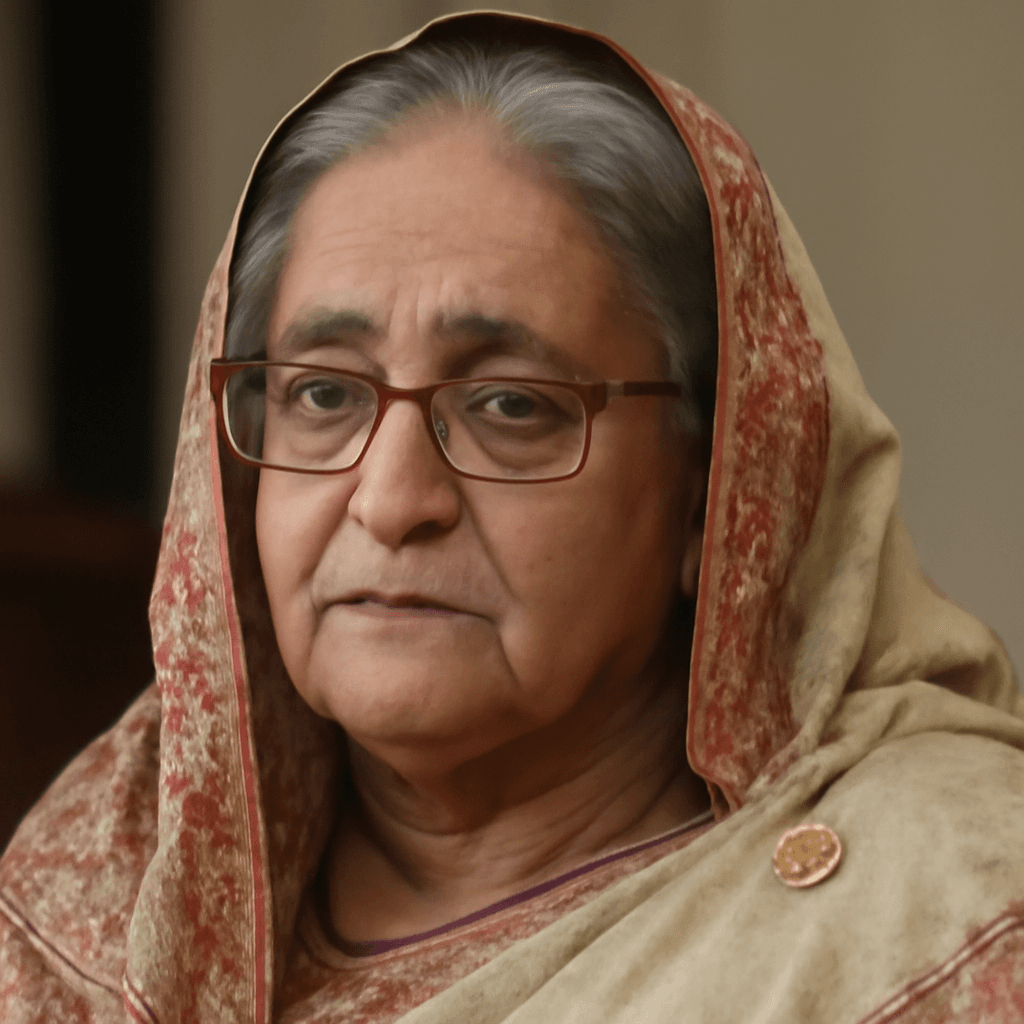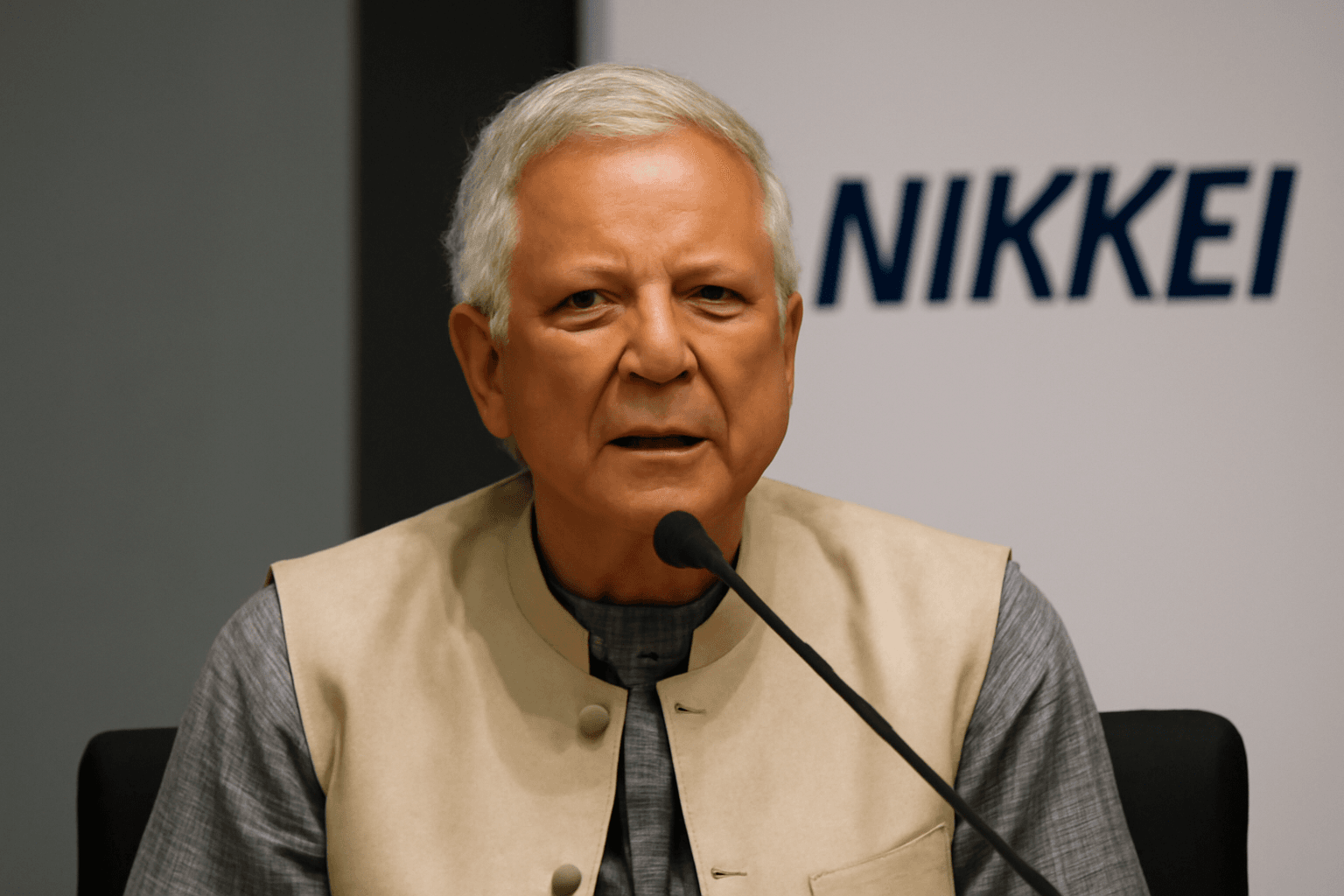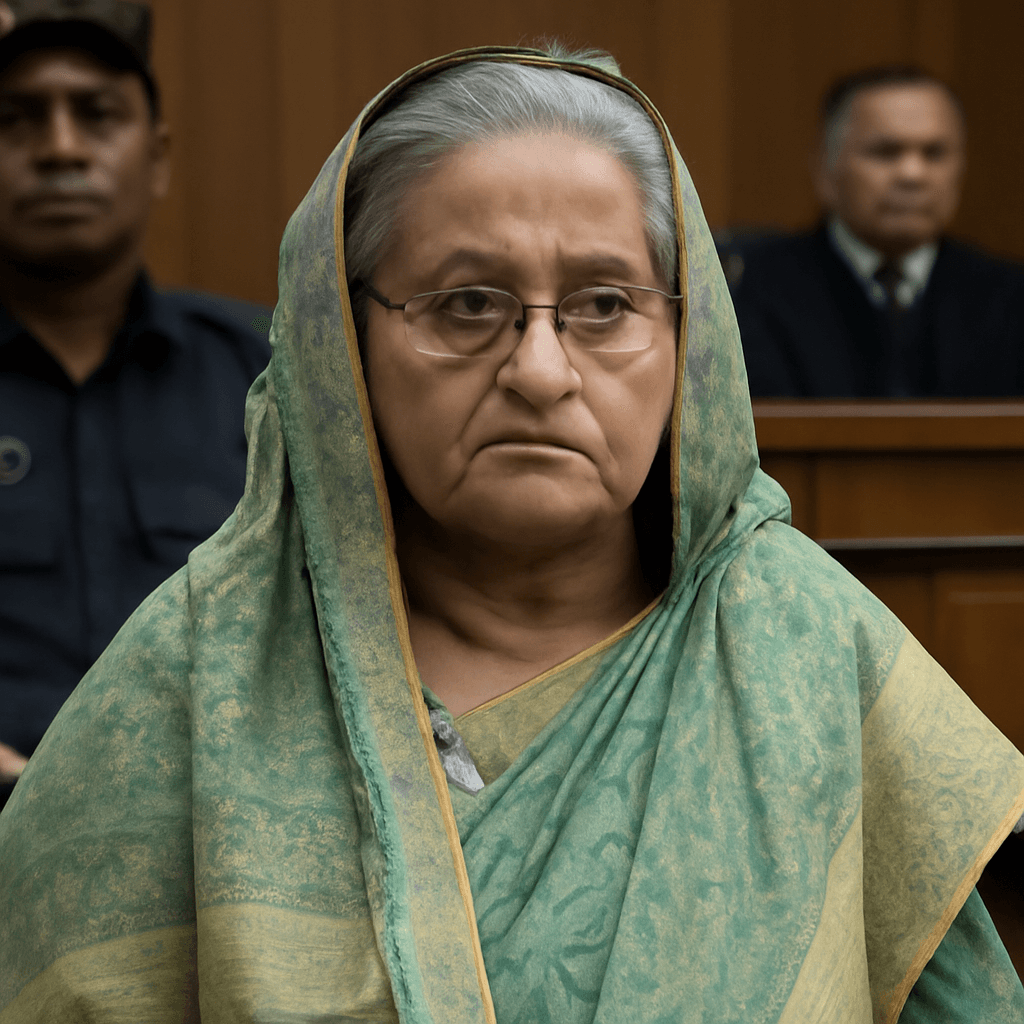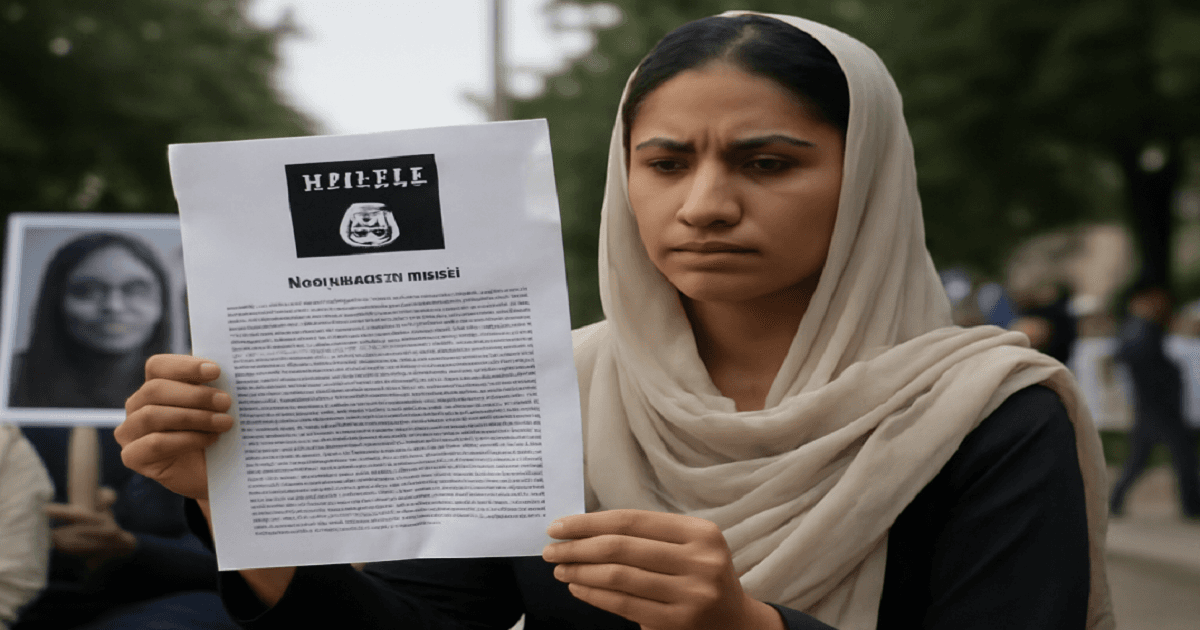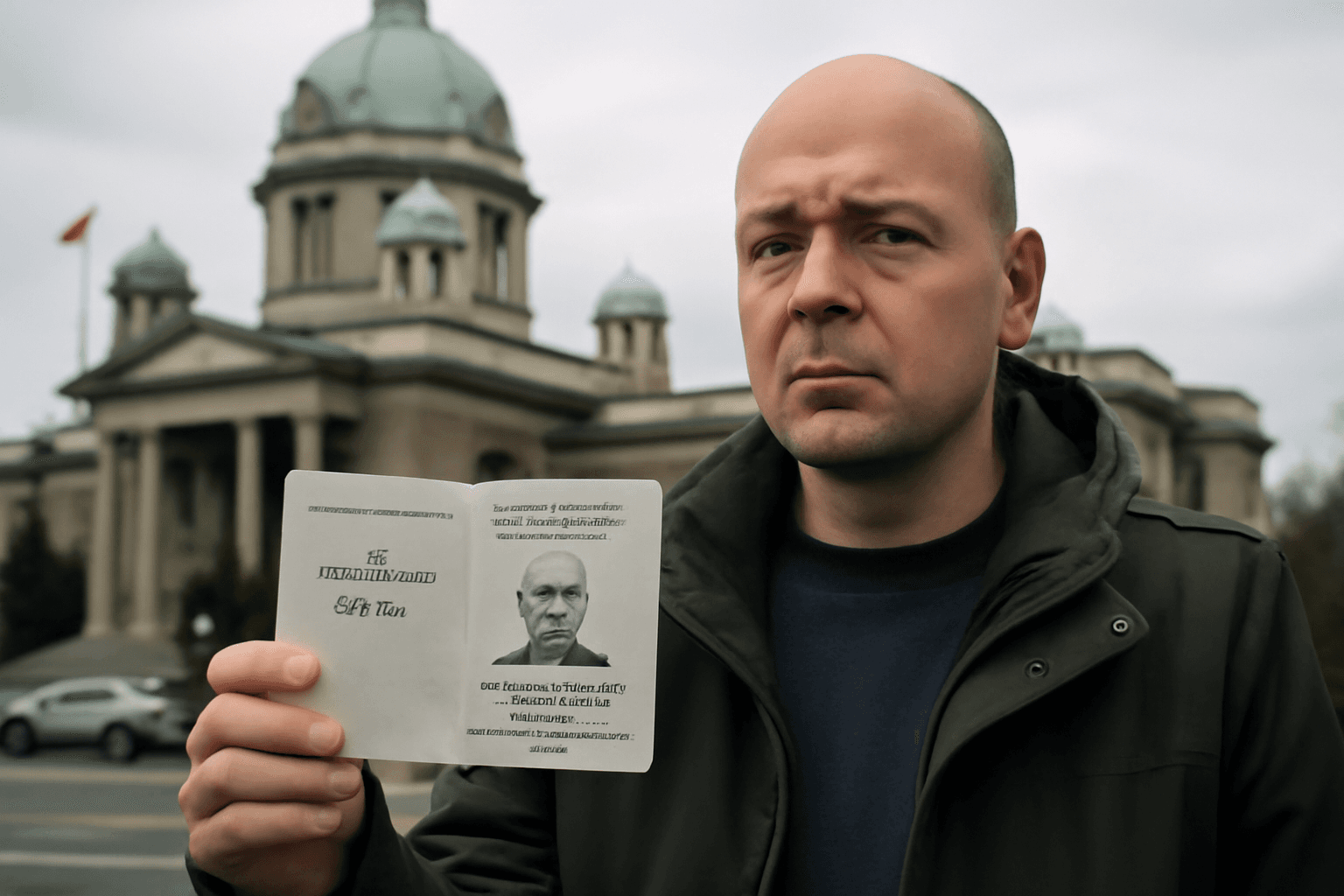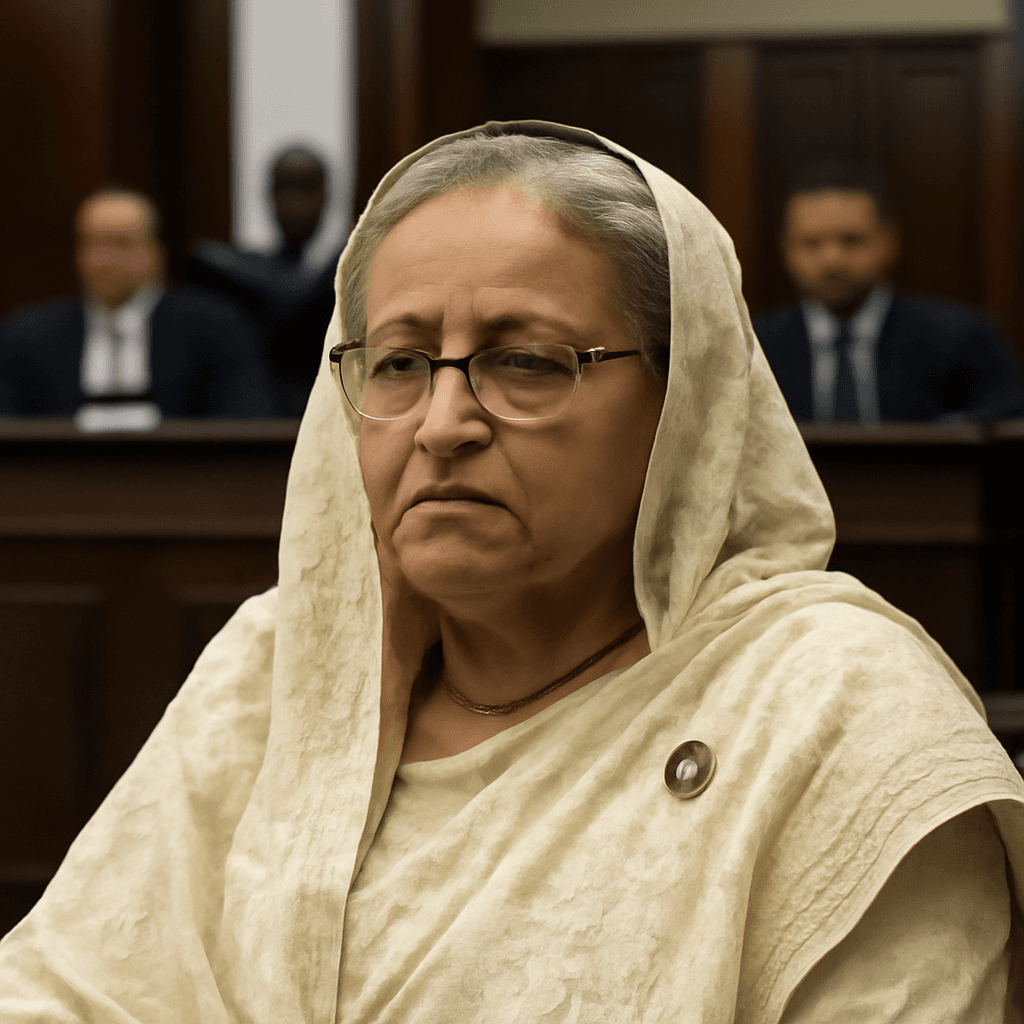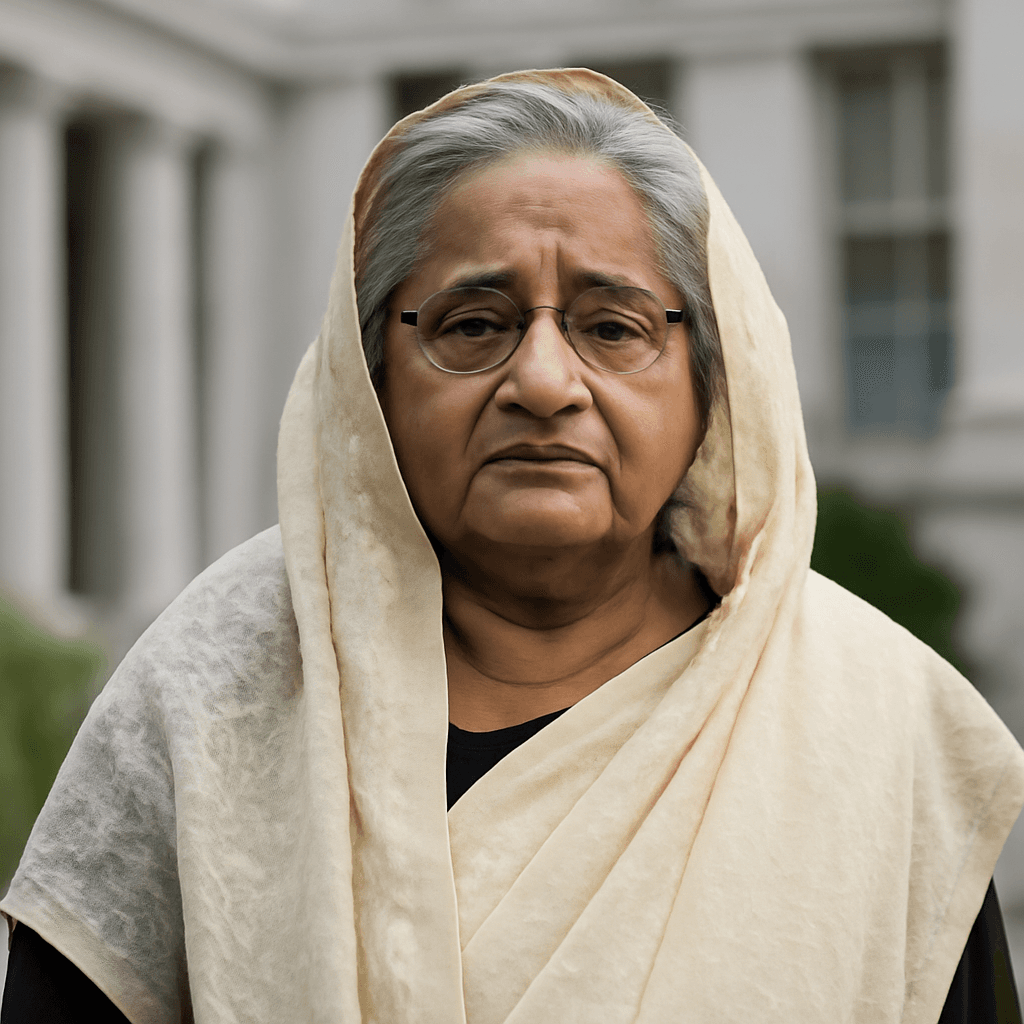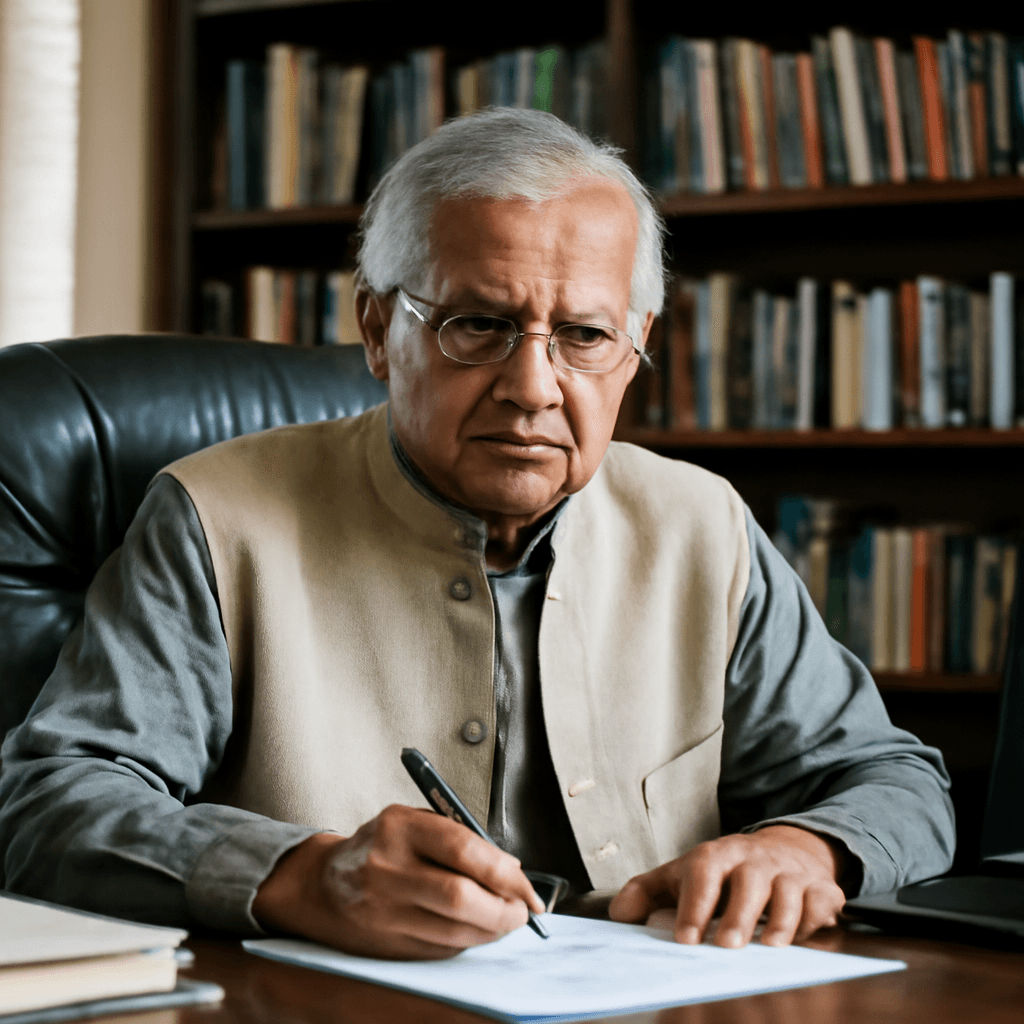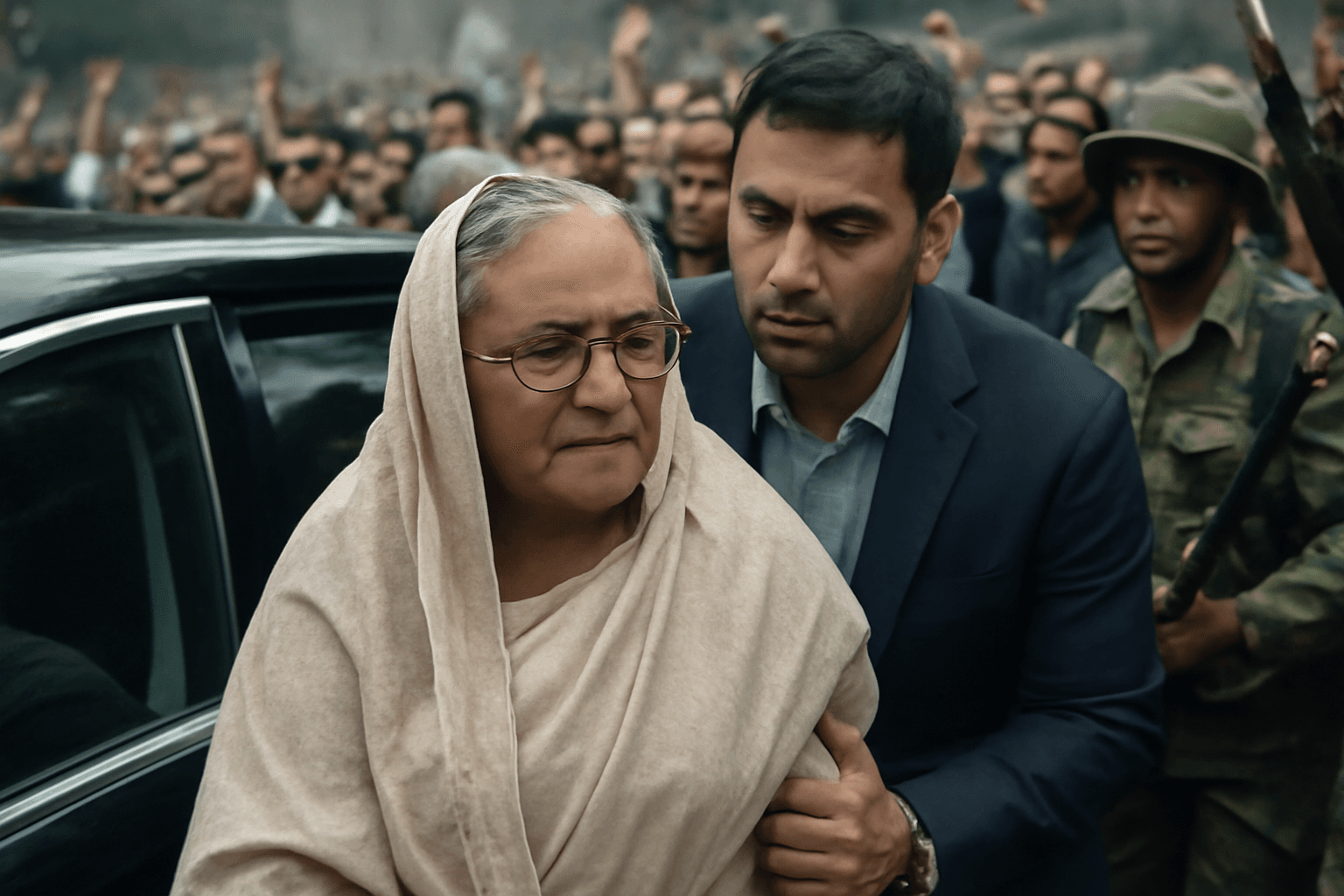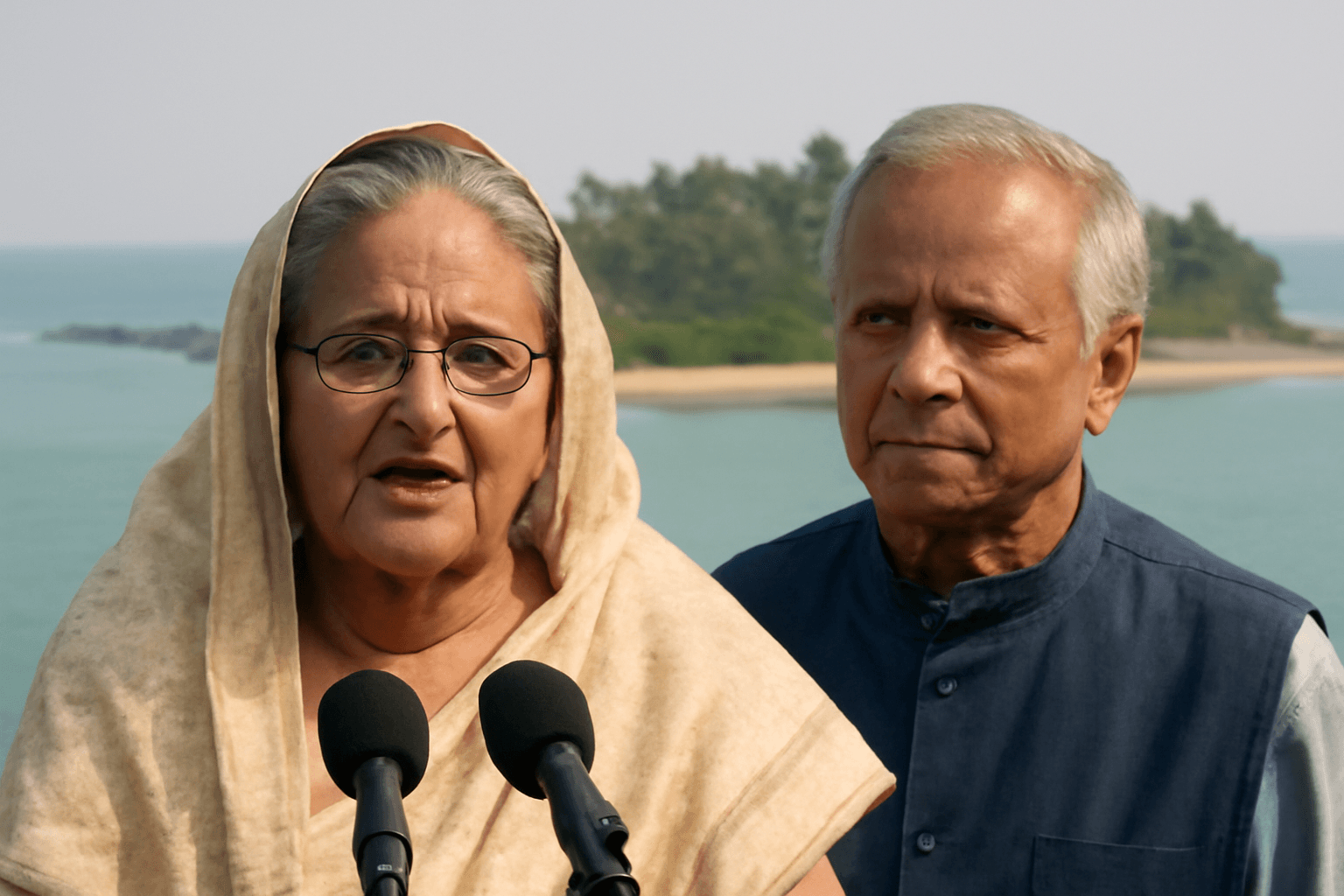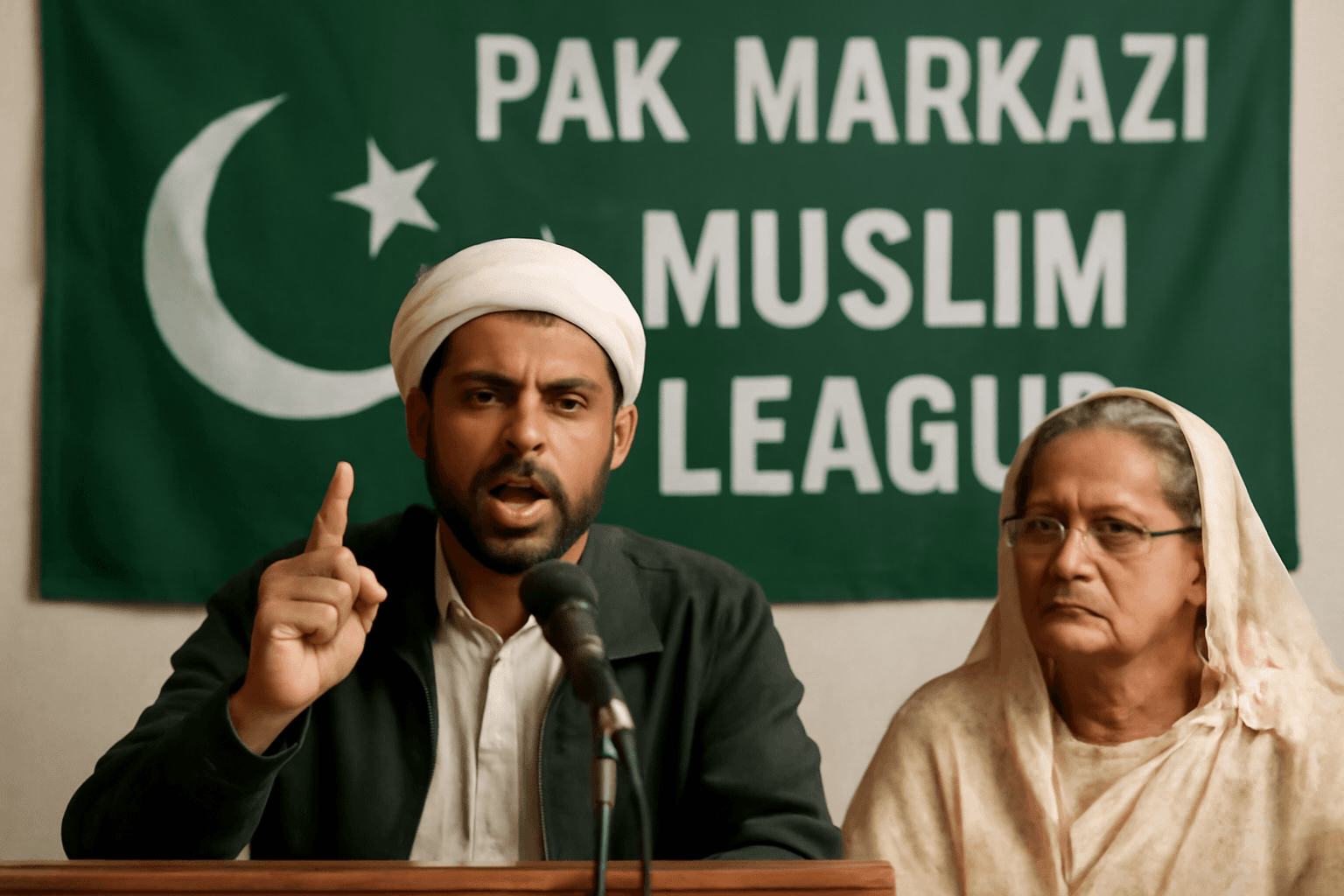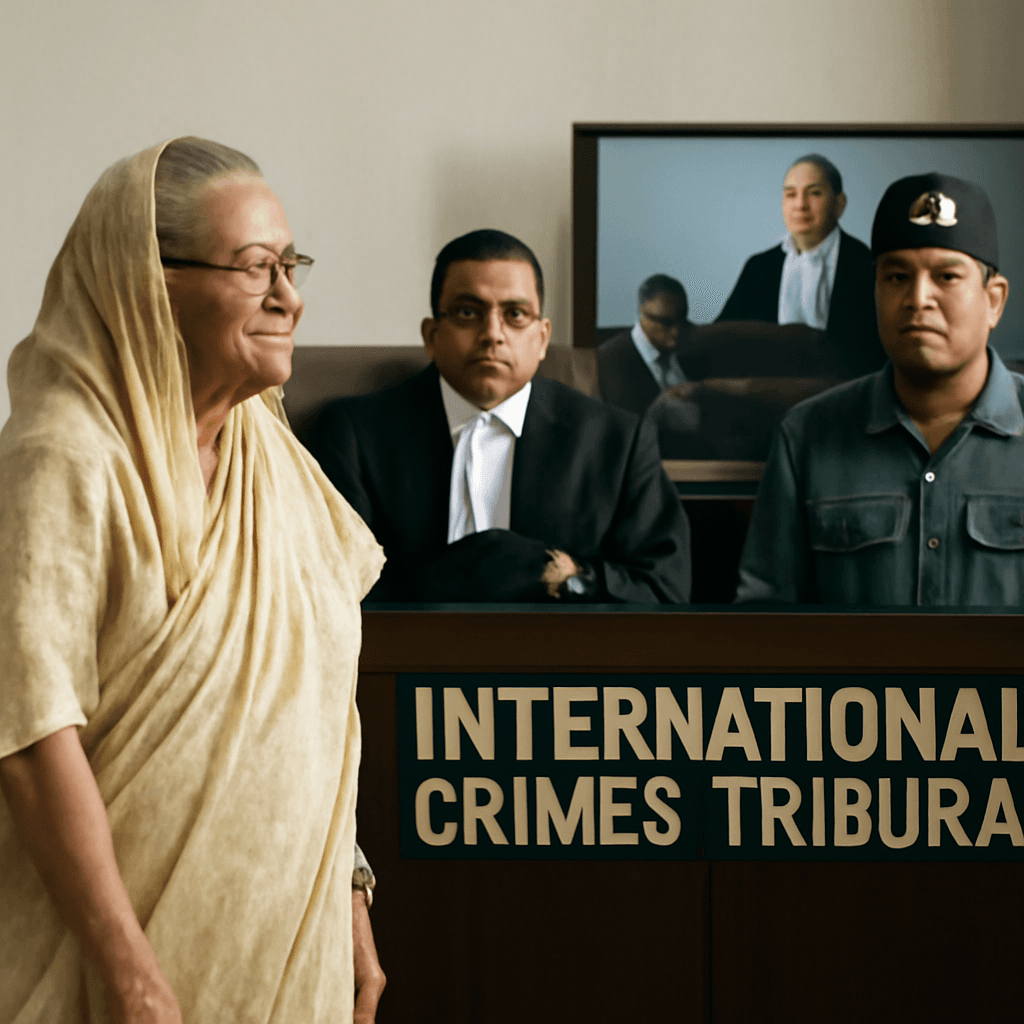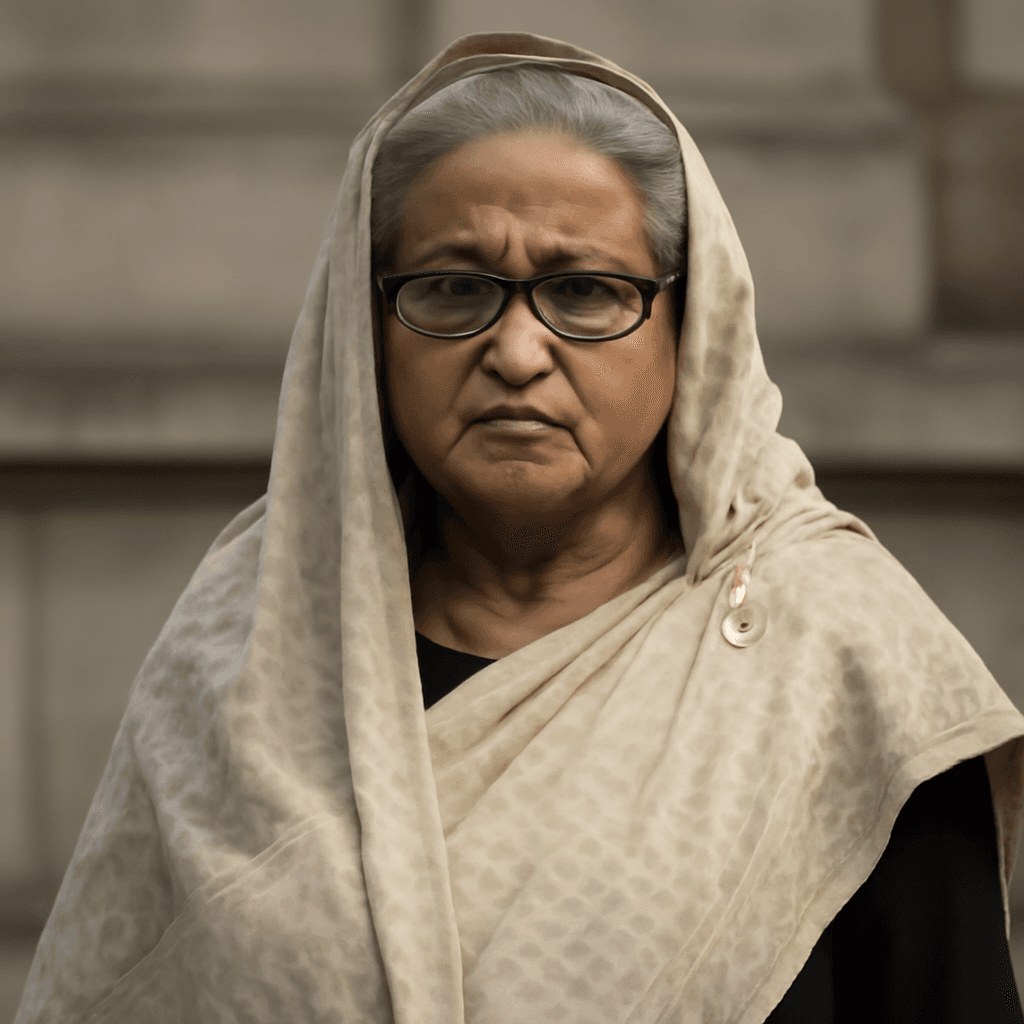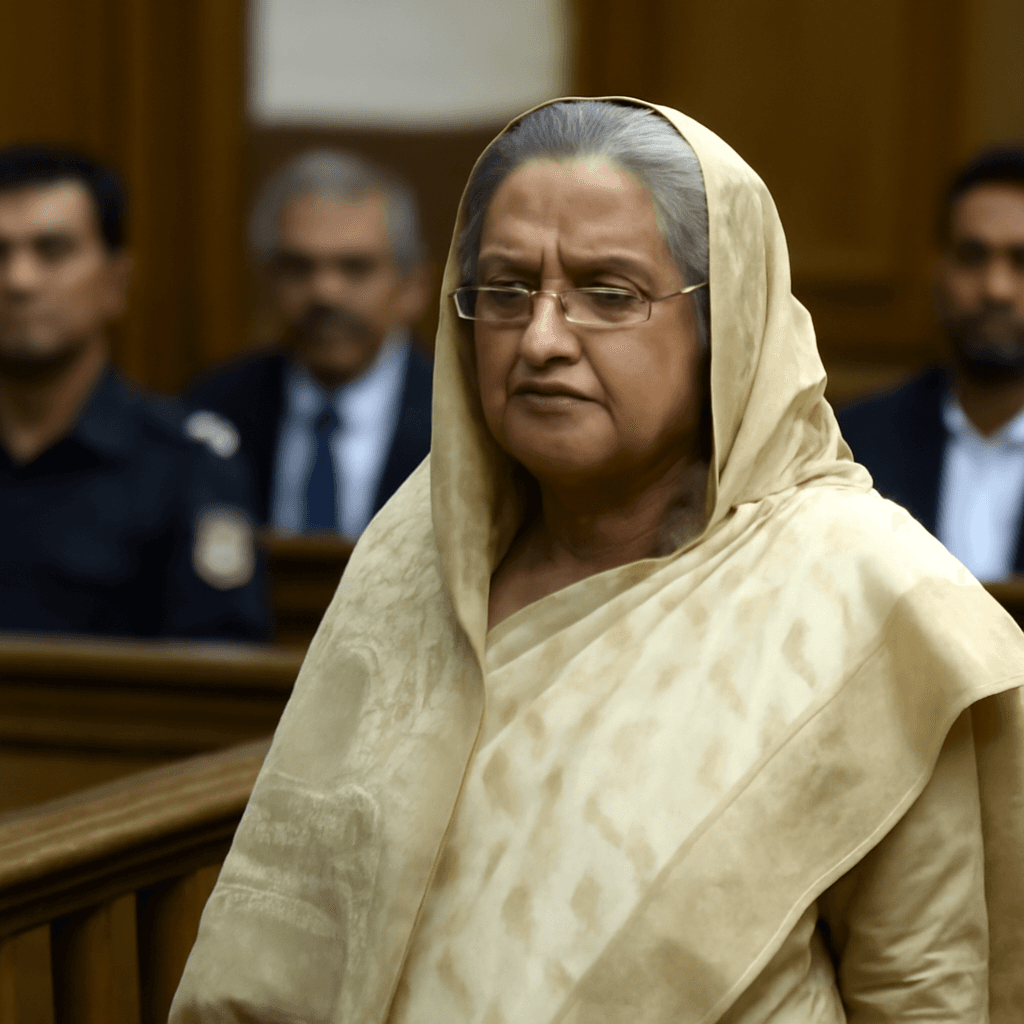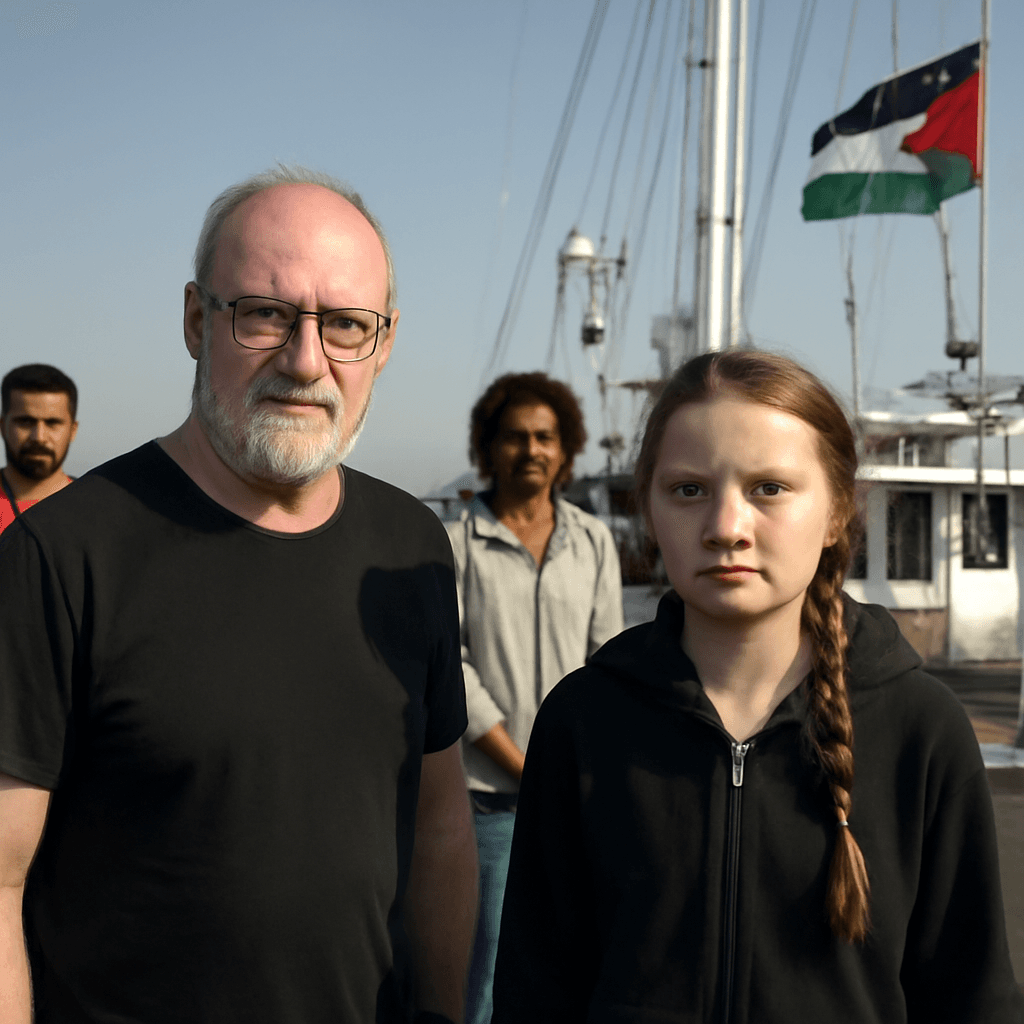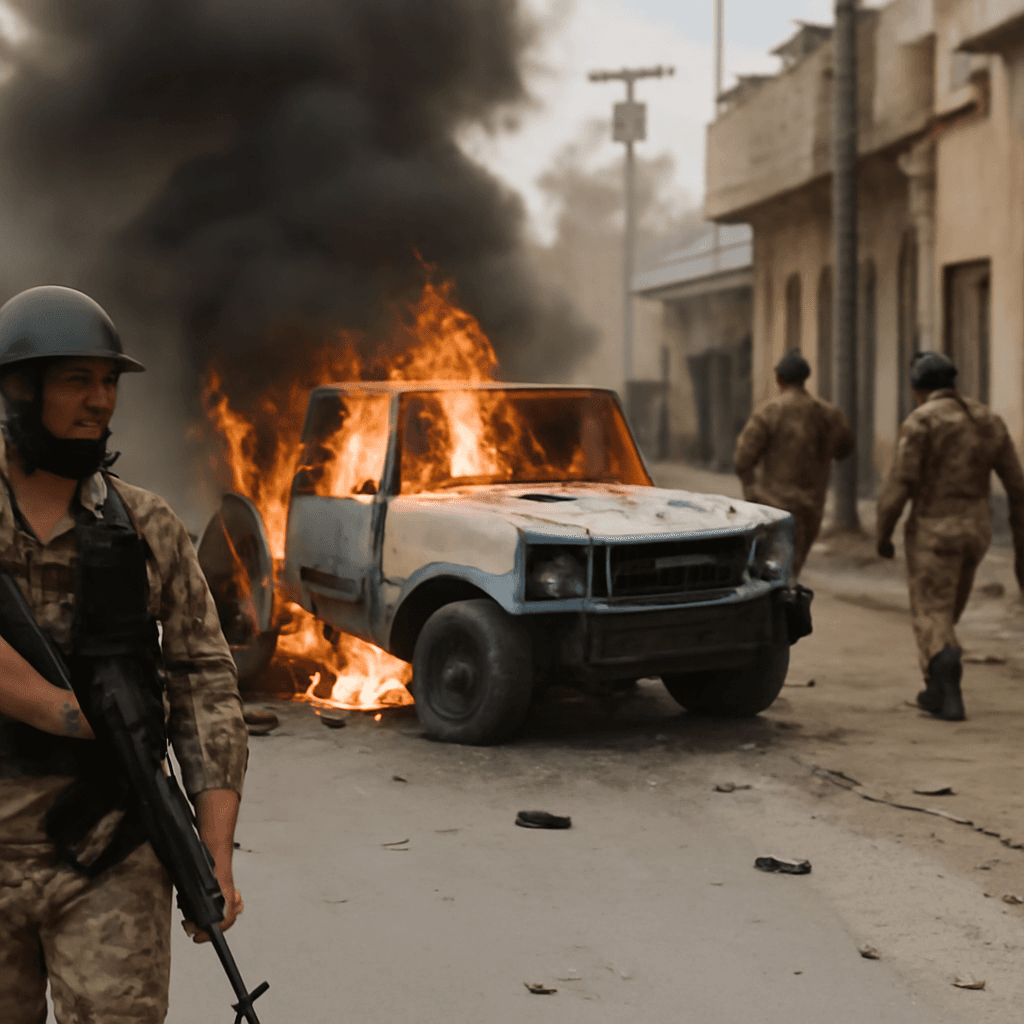Overview of Trial Against Former Prime Minister Sheikh Hasina
Former Bangladeshi Prime Minister Sheikh Hasina has been formally charged with crimes against humanity following an investigation into violent state actions during the 2024 student-led protests. The case marks a significant development after Hasina's resignation and departure from Bangladesh.
Details of the Charges and Investigation
Authorities allege that Sheikh Hasina directly ordered security forces, her political party, and affiliated groups to carry out operations that caused substantial civilian casualties. According to the chief prosecutor, these actions were premeditated, supported by video evidence and intercepted communications between involved agencies.
The prosecution has called upon 81 witnesses to testify in the case. Hasina, who previously led Bangladesh for 15 years before stepping down amid mass demonstrations, is accused of bearing command responsibility for the severe crackdown that followed nationwide unrest.
Background and Impact of the Crackdowns
Millions of protesters had demanded Hasina's resignation, which culminated in her stepping down in August and fleeing to New Delhi. The unrest involved a student-led movement that escalated into violent confrontations.
Authorities report that the crackdowns resulted in approximately 1,500 deaths and 25,000 injuries. Additionally, Hasina and some family members face separate corruption allegations arising in this turbulent period.
Significance of the Proceedings
This trial underscores the serious consequences faced by political leaders implicated in human rights violations, highlighting both legal accountability and political transitions in Bangladesh. The international community is closely monitoring developments as the case progresses.

